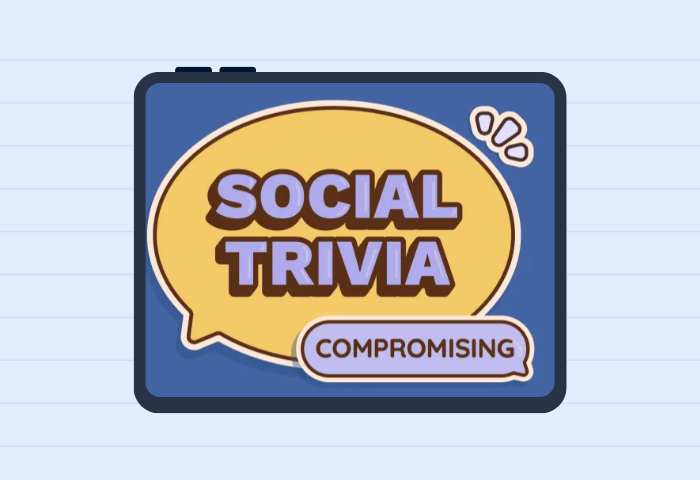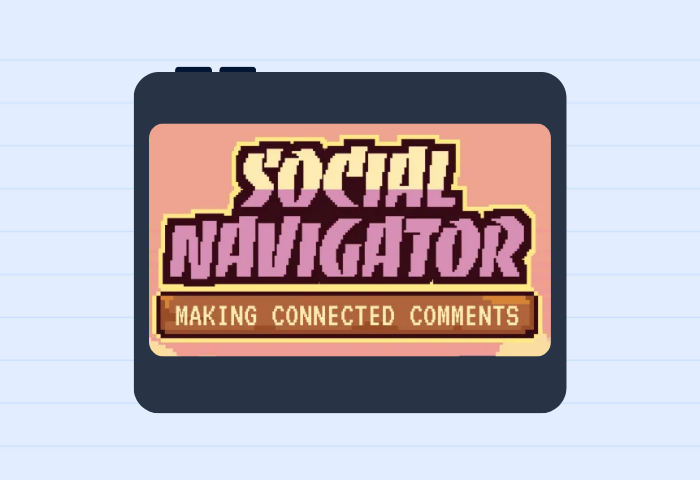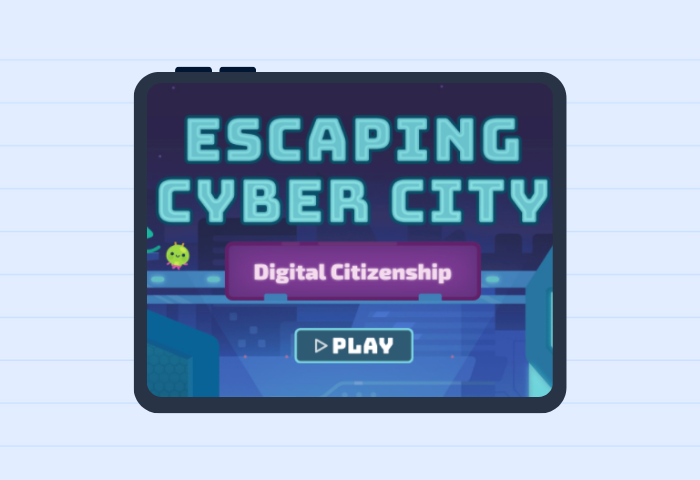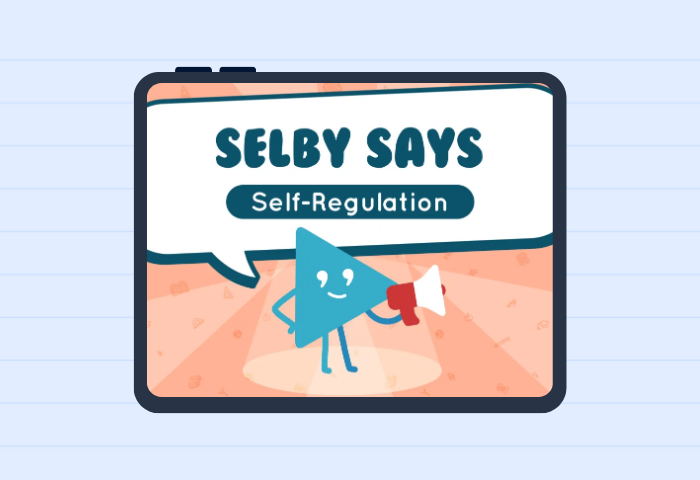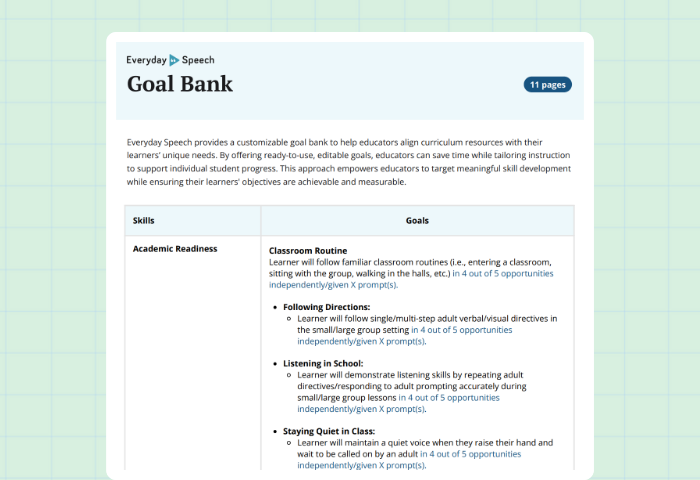Developing Social Skills in Kindergarten: Effective Pragmatic Activities
Get free social skills materials
No-prep lessons on self-regulation, emotional recognition, conversation skills, and more.
Sign up here
Developing Social Skills in Kindergarten: Effective Pragmatic Activities
Welcome to my blog! In this post, we will explore the importance of developing social skills in kindergarten and discuss effective pragmatic activities that can be incorporated into the curriculum. As a Speech Language Pathologist and Social Emotional Learning expert, I understand the significance of social skills in a child’s overall development. Let’s dive in!
Related resources: See our full list of video modeling activities for teaching social skills.
Understanding Pragmatic Skills in Kindergarten
Pragmatic skills refer to the ability to use language and communication effectively in social situations. These skills include turn-taking, maintaining eye contact, using appropriate body language, understanding social cues, and engaging in conversations. In kindergarten, children are at a crucial stage of development where they begin to interact more with their peers and navigate social environments.
Kindergarteners typically develop pragmatic skills at different rates. Some may struggle with initiating conversations, while others may have difficulty understanding non-verbal cues. It is important to be aware of these developmental milestones and address any challenges that may arise.
Effective Pragmatic Activities for Kindergarteners
Engaging kindergarteners in pragmatic activities can greatly enhance their social skills. Here are five effective activities that can be incorporated into the curriculum:
Activity 1: Role-playing and Pretend Play
Role-playing and pretend play provide opportunities for children to practice social interactions in a safe and controlled environment. Encourage kindergarteners to take on different roles and engage in imaginative play scenarios. This activity helps them understand different perspectives, practice turn-taking, and develop empathy.
For example, you can set up a pretend grocery store where children take turns being the cashier and the customer. This allows them to practice greetings, asking questions, and engaging in simple conversations.
Activity 2: Storytelling and Story Retelling
Storytelling is a powerful tool for fostering communication skills in kindergarteners. Encourage children to share their own stories or retell familiar stories using props or puppets. This activity helps them develop vocabulary, sequencing skills, and the ability to express their thoughts and ideas.
Engage the children by asking open-ended questions about the story, encouraging them to use descriptive language, and providing opportunities for them to take turns in the storytelling process.
Activity 3: Cooperative Games and Team Building
Cooperative games promote teamwork, collaboration, and problem-solving skills. Kindergarteners can engage in activities such as building a tower with blocks, completing a puzzle together, or playing a game that requires turn-taking and sharing.
These games provide opportunities for children to practice listening, following instructions, and working together towards a common goal. Encourage positive communication and reinforce the importance of supporting and encouraging each other.
Activity 4: Emotion Recognition and Expression
Developing emotional intelligence is crucial for successful social interactions. Engage kindergarteners in activities that focus on recognizing and expressing emotions. Use picture cards or facial expression flashcards to help children identify different emotions.
Encourage them to express their own emotions through drawing, role-playing, or storytelling. Provide a safe and supportive environment for children to discuss their feelings and practice empathy towards others.
Activity 5: Turn-Taking and Conversation Skills
Turn-taking is a fundamental skill for effective communication. Engage kindergarteners in activities that require turn-taking, such as playing board games or engaging in group discussions.
Teach them the importance of listening to others, waiting for their turn, and using appropriate language during conversations. Model and reinforce conversational skills, such as asking questions, taking turns speaking, and maintaining eye contact.
Incorporating Pragmatic Activities into Kindergarten Curriculum
Collaboration with teachers and school staff is essential for successfully incorporating pragmatic activities into the kindergarten curriculum. Share your ideas and suggestions with the educators and work together to create a supportive learning environment.
Integrate the activities into daily routines and lessons. For example, allocate specific times for role-playing or storytelling during free play or language arts lessons. Make use of visual aids, props, and interactive materials to engage the children and make the activities more enjoyable.
Monitor the progress of the children and adapt the activities as needed. Observe their interactions and provide feedback and guidance. Celebrate their successes and provide additional support for areas that require improvement.
Conclusion
Developing pragmatic skills in kindergarten is crucial for a child’s social and emotional development. By incorporating effective pragmatic activities into the curriculum, we can provide kindergarteners with the necessary tools to navigate social interactions confidently.
I encourage parents and educators to implement the suggested activities and create a supportive learning environment for kindergarteners. By focusing on social skills development, we can help children build strong foundations for future success.
If you’re interested in exploring more resources on social emotional learning and pragmatic skills development, I invite you to start your EverydaySpeech Free trial. EverydaySpeech offers a wide range of interactive and engaging activities designed to support social skills development in children.
Thank you for reading, and I hope you found this blog post helpful in your journey towards developing social skills in kindergarteners!

